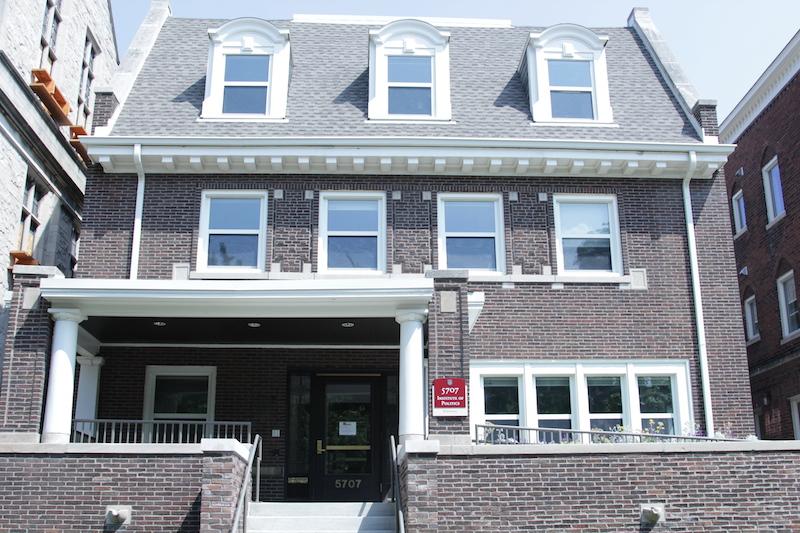Michigan Governor Gretchen Whitmer said the federal government lacked preparedness and has mismanaged its response to the COVID-19 pandemic in a podcast taping with IOP director David Axelrod. The taping was broadcast on Monday to UChicago students over Zoom.
Whitmer recently rose into the national spotlight following her comments last month about the federal government’s inability to provide personal protective equipment (PPE) to state governments. In response to Whitmer’s comments, President Donald Trump tweeted negatively about the governor and referred to her as “that woman from Michigan” at a White House press conference.
In response to Trump’s statement, Whitmer told Axelrod that she was concerned the exchange between the president and her would affect her ability to help her constituents.
“I was worried that this petty back-and-forth might preclude me from getting what I need for the people of this state. The last thing I want is for anything to stand in the way of our ability to give our nurses and doctors the kind of support they need,” Whitmer said. “I don’t have time for any of that; all I need [are] masks.”
Whitmer said that Michigan and other states are not getting all of the resources they need to combat the novel coronavirus in part due to the federal government’s lack of preparedness, especially referring to a lack of PPE. She says this will cost lives.
“We're getting a fraction of what we need, and I don’t think that is because we’re Michigan. I think that is because the federal government doesn’t have the kind of tools that we all need,” Whitmer said. “This is a virus that is ravaging our country and I think the under preparedness is really dangerous…. It’s gonna cost lives, the fact that we weren’t prepared as we should have been.”
Whitmer also brought up the racial disparities among populations affected by the crisis, citing that African Americans are disproportionately affected by the virus in Michigan and across the country. Not only are communities of color physically impacted, but they will also likely feel the worst economic fallout, she said. Whitmer called on the federal government to share the racial data related to the spread and mortality rates of COVID-19.
“This has shown we have a lot of work to do as a nation,” Whitmer said. “When there’s not really equitable access to healthcare, when there’s not real equitable access to employment or educational opportunities, we see that the pain caused from something like this is felt much worse by communities of color.”
Going forward, Whitmer hopes that U.S. governments will reflect on what she has seen as a lack of preparedness to the COVID-19 crisis by looking into U.S. manufacturing of medical supplies, like protective masks currently manufactured in China. She also hopes the government will look to ensure clear communication from federal agencies in response to a public health crisis.
Whitmer said she is cautious about when to send the people of Michigan back to work, after recently extending the state’s stay-at-home order until the end of April. Whitmer added that she will look to medical professionals when making the decision to lift the order, to avoid a potential second wave of infections.
Axelrod mentioned that Whitmer is considered a major contender to be picked as the running mate for Joe Biden, the presumptive Democratic nominee, as Whitmer gains more attention from the national spotlight.
Whitmer replied that she will work to ensure that Biden wins in November and that she is excited to see his commitment to a female running mate.
“There are a lot of phenomenal female leaders across this country that would be great on his ticket, and the fact anyone would even mention me among the names that I initially think of is an honor,” Whitmer said.
However, when Axelrod asked Whitmer directly, “If asked, you would serve?” Whitmer avoided giving a clear answer and simply thanked Axelrod for the conversation.









